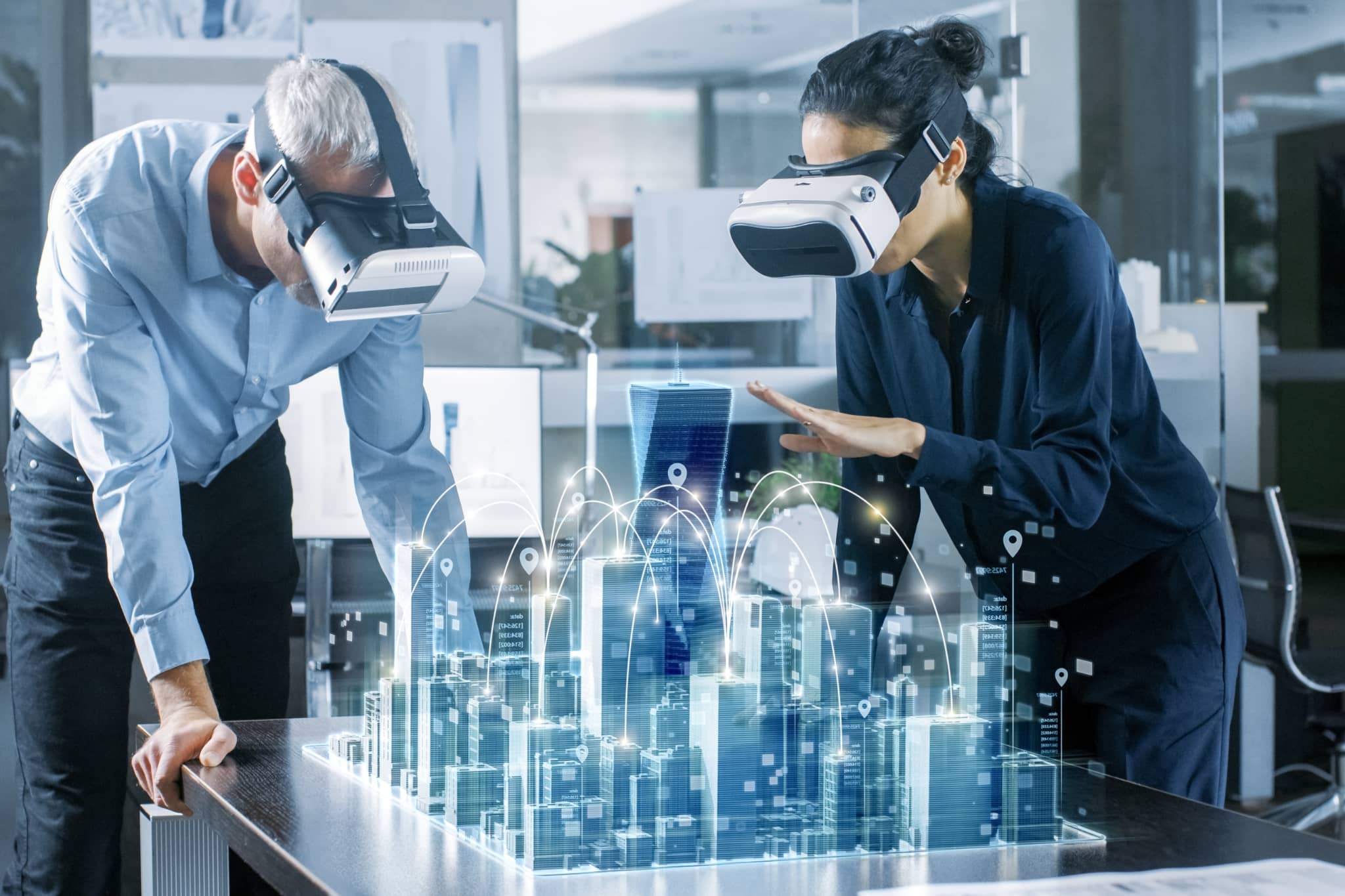
The Top 3 AI Solutions for HR in 2024

Artificial intelligence (AI) has never been so much in the news. It is gradually gaining ground in all sectors, including Human Resources. According to Gartner [1], 81% of HR managers have explored or implemented AI solutions to improve the efficiency of processes within their organization. From recruitment to talent management, via HR data analysis, AI is making its way into the daily life of the HR function. Composed of algorithms capable of reproducing human behavior and intelligence, its rapid development is raising questions. Should it be hailed as a technological feat, or seen as a threat? Let's take a look at the top three AI solutions that HR professionals are likely to be using in 2024.
1. AI in HR: a quick overview
AI is used by HR professionals in recruitment, talent management, performance analysis, training and other aspects related to people management.More and more companies are adopting AI technologies to automate certain repetitive tasks, improve the efficiency and objectivity of their HR processes and make decisions based on advanced data.
2. The top 3 AI solutions for HR in 2024
AI-based recruitment
AI is used in recruitment to automate the initial sorting of CVs and identify candidates who best match the specific criteria of a position. In addition to skills, experience and qualifications, AI cross-references and analyzes information on candidates from various sources to assess the relevance of their profile.
Tools
Chatbots and virtual assistants are used to engage in conversations with candidates, answer their questions about the recruitment process, and gather information about their skills and qualifications. AI also uses predictive analysis to assess a candidate's likelihood of success in a given position.
Benefits
Automating the recruitment process with AI enables HR professionals to save time when selecting candidates. They can focus on more strategic and human tasks, such as preparing interviews with carefully selected candidates. By using objective algorithms, AI also helps to reduce cognitive bias in the selection process.
AI-based talent management
AI helps companies' HR departments to effectively manage and develop their talent.
Tools
AI-based talent management tools help with skills assessment, performance management and employee engagement. For example, AI can recommend customized training programs that take into account employees' individual needs by tracking their performance and identifying the skills they need to develop.
Benefits
By proposing individualized career and/or training plans, AI enhances the employee experience. This has a positive influence on employee motivation and commitment, resulting in improved productivity and talent retention.
AI-based HR analysis
AI helps in the collection, analysis and visualization of HR data to make informed decisions.
Tools
AI helps assess employee performance by analyzing quantitative and qualitative data, providing more objective feedback and identifying trouble spots and areas for improvement. Its predictive analysis helps to anticipate trends linked to personnel management, such as turnover rates, future recruitment needs, and factors influencing employee motivation and commitment. AI automates time management, attendance tracking, and facilitates the planning of work schedules, taking into account a variety of factors.
Benefits
AI-based HR analytics promote a better allocation of resources within the company, serving better individual and collective performance. They will help retain talent and limit costly staff turnover, encouraging new hires when they are needed.
The impact of AI on HR practices
The overall aim of integrating AI into HR practices is to improve efficiency, accuracy, and objectivity, while enabling HR professionals to focus on more strategic and humane tasks.
AI quickly and efficiently processes large quantities of data, both real and predictive, rich in reliable information that can be utilized by HR professionals to make better decisions. Combined with the expertise of HR professionals, it helps to accurately reflect individual talent and full potential. It also promotes a more positive candidate and employee experience, supporting individuals to feel good about their roles and to flourish in them.
AI is not intended to replace the role of HR professionals. Human interaction remains vital and the very essence of HR’s function. Instead, AI aims to enrich, optimize and improve HR practices. It remains complementary to their expertise and to the tools already used within their role. Al should therefore be considered without fear, as one more asset that is indispensable to this profession, one that can offer new perspectives.
[1] https://www.gartner.com/en/human-resources/topics/artificial-intelligence-in-hr


